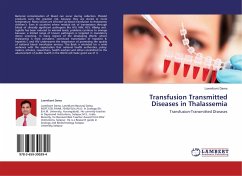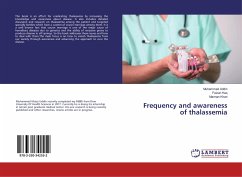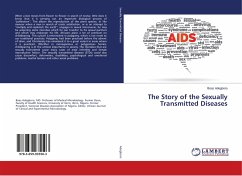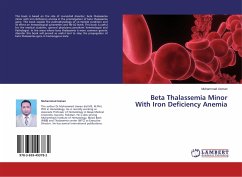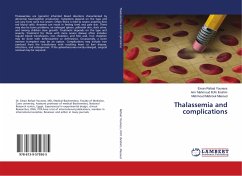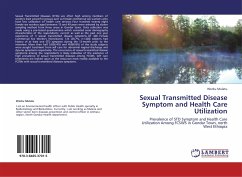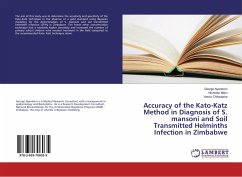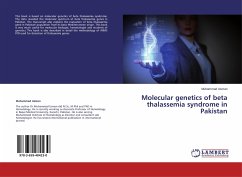Bacterial contamination of blood can occur during collection. Platelet products carry the greatest risk, because they are stored at room temperature. Many viruses are infected via blood transfusion to thalassemic children's. Even in countries where residual risk of transmission through blood of clinically significant pathogens like HIV, HBV, HCV, HBsAg and Syphilis has been reduced to minimal levels, problems continue to emerge because: a limited range of known pathogens is targeted in mandatory donor screening. In many regions of the developing World, where thalassemia is most prevalent, continued transmission of hepatitis B, hepatitis C and HIV underscores the importance of promoting the quality of national blood transfusion services. This Book is intended for a wide audience with the expectation that national health authorities, policy-makers, scholars, researchers, health workers and others committed to the advancement of public health in the World will make good use of it.

